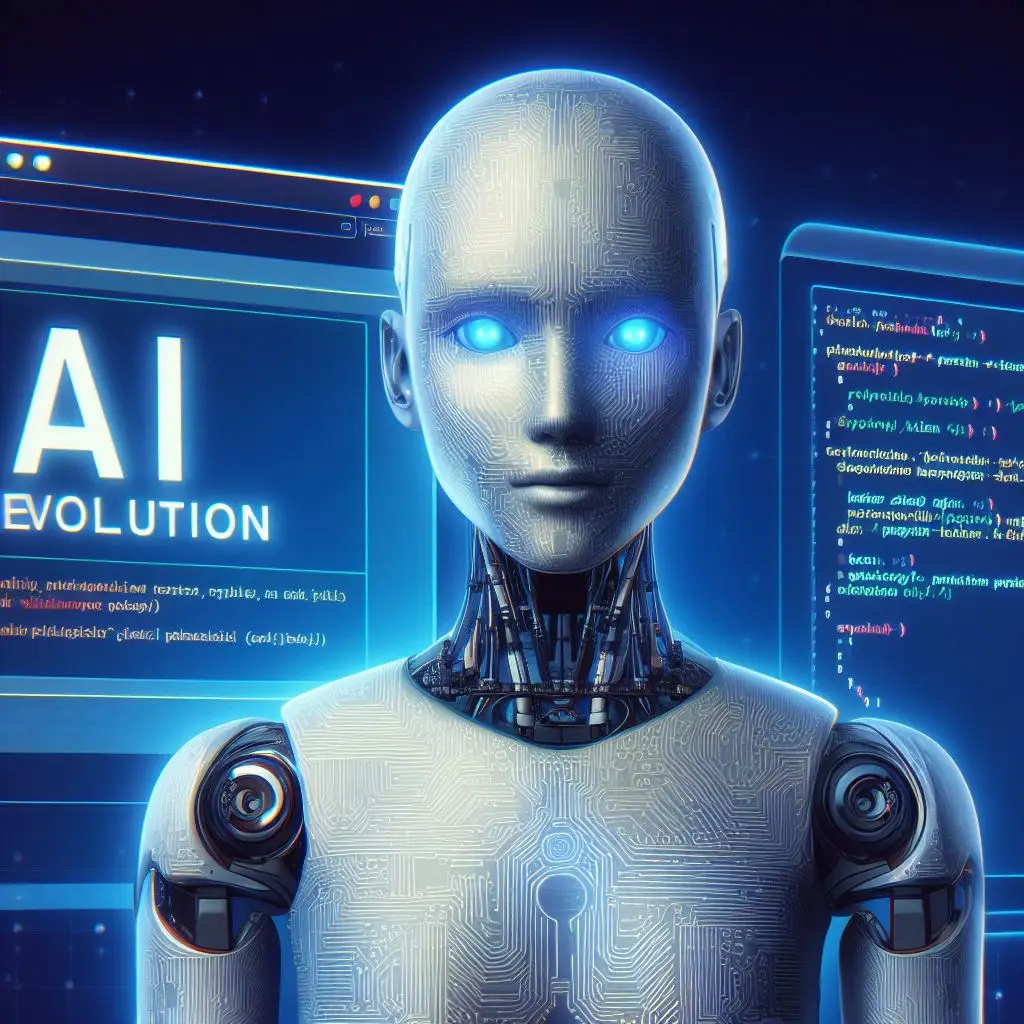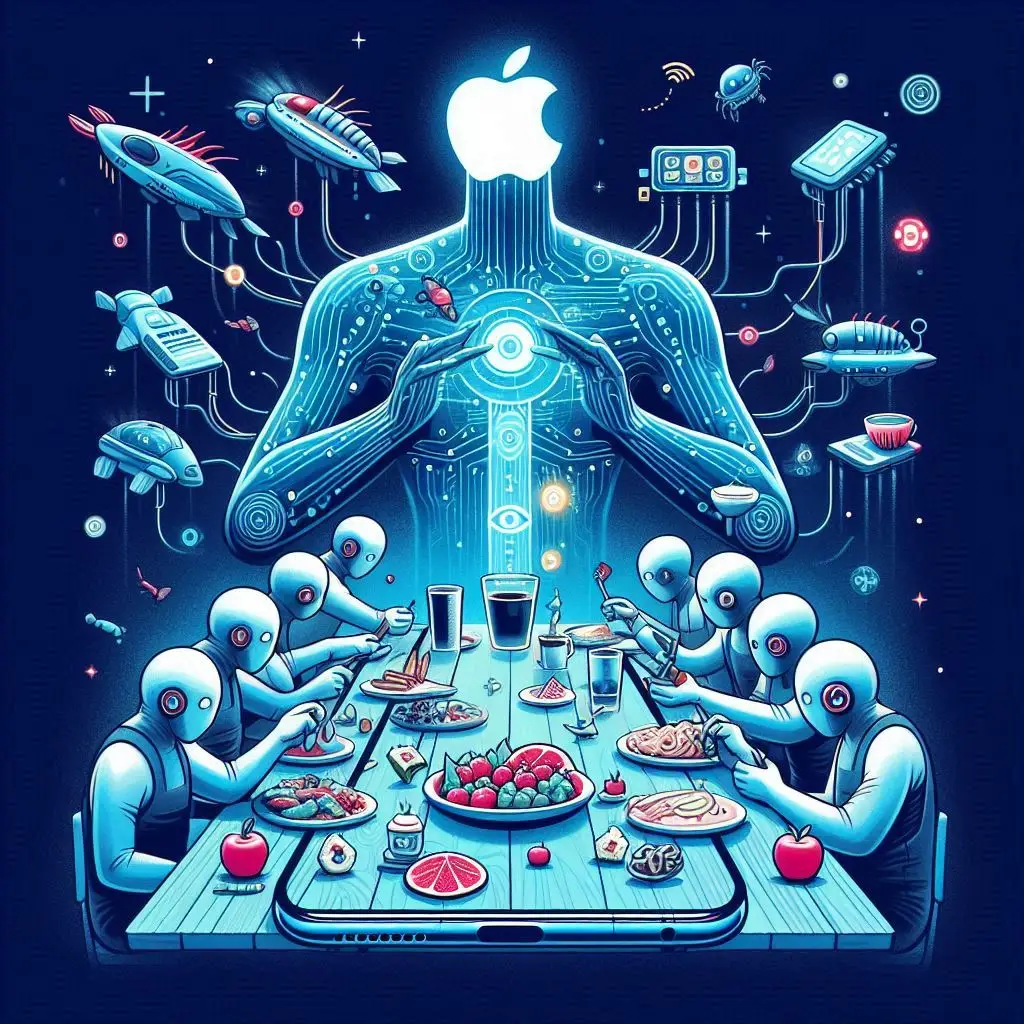Introduction:
Artificial Intelligence (AI) has come a long way in a relatively short period of time, revolutionizing various industries and transforming the way we live and work. As we look to the future, the potential of AI continues to expand, offering unprecedented opportunities and posing new challenges. In this article, we explore the exciting advancements, potential applications, and ethical considerations that shape the future of AI.
-
Advancements in AI Technology: The field of AI is witnessing rapid advancements, fueled by breakthroughs in machine learning, deep learning, and neural networks. These advancements enable AI systems to process vast amounts of data, learn from patterns, and make complex decisions with remarkable accuracy. From computer vision to natural language processing, AI technologies are becoming increasingly sophisticated, opening up new frontiers of innovation.
-
AI in Various Industries: AI is poised to transform a wide range of industries, including healthcare, finance, transportation, manufacturing, and more. In healthcare, AI can enhance diagnostics, drug discovery, and patient care. In finance, AI-powered algorithms can analyze market trends and optimize investment strategies. Self-driving cars are becoming a reality, revolutionizing transportation. The potential applications of AI are virtually limitless, promising increased efficiency, productivity, and improved decision-making across sectors.
-
Ethical Considerations: As AI becomes more integrated into our lives, ethical considerations become paramount. Questions about privacy, data security, bias, and accountability arise. Striking the right balance between innovation and responsible AI development is crucial. It is imperative to establish ethical frameworks, transparency, and regulatory guidelines to ensure AI is used for the benefit of humanity while minimizing potential risks.
-
Human-AI Collaboration: The future of AI lies in human-AI collaboration, where humans and AI systems work together synergistically. AI can augment human capabilities, automating repetitive tasks and providing valuable insights. This collaboration holds tremendous potential for creativity, problem-solving, and decision-making. Embracing a human-centric approach to AI ensures that technology empowers individuals and enhances their abilities, leading to a more inclusive and equitable future.
-
Addressing Bias and Fairness: AI systems are only as good as the data they are trained on. Addressing biases in AI algorithms is crucial to avoid perpetuating societal inequalities. It is essential to have diverse and inclusive datasets and employ rigorous testing and validation processes to ensure fairness and prevent discrimination. Building AI systems that reflect the values and needs of diverse communities is vital for fostering trust and acceptance.
-
AI and the Workforce: The impact of AI on the workforce is a topic of significant debate. While AI automation may replace some jobs, it also creates new opportunities. The future of work will require a shift towards upskilling and reskilling, emphasizing uniquely human skills such as creativity, emotional intelligence, critical thinking, and adaptability. AI can empower individuals to focus on higher-value tasks, leading to job enrichment and the creation of new professions.
Conclusion:
The future of AI holds immense promise and potential. As AI technologies continue to advance, we must navigate the challenges and ensure responsible and ethical AI development. By embracing human-AI collaboration, addressing biases, and preparing for the changing workforce, we can unlock the transformative power of AI to create a more prosperous and inclusive future.
The journey towards an AI-powered future is just beginning, and it is up to us to shape it in a way that benefits humanity and reflects our shared values. Let us embrace the possibilities, navigate the complexities, and unleash the true potential of artificial intelligence for the betterment of society.
Remember, the future is not solely about AI but how we harness its capabilities to augment human potential and build a better world.









Add a Comment: